Rain shower systems are an increasingly popular choice for homeowners seeking to add a touch of luxury to their bathrooms. There's nothing quite like the soothing sensation of raindrops cascading gently overhead to relax and rejuvenate the senses. However, when your rain shower system starts to drip unexpectedly, it can be an annoying issue that disrupts this tranquil experience. In this article, we’ll guide you through troubleshooting and fixing a dripping rainfall shower system, ensuring your showers remain serene and satisfying.
Understanding Rain Shower Systems
Before diving into the fixes, it's essential to understand what a rain shower system is and how it operates. Rain shower systems are designed to mimic the feel of natural rainfall, providing a wide, even spray that envelops the entire body. They come in various styles, including ceiling-mounted options or multi head shower systems that offer a customizable shower experience.
The Components of a Rain Shower System
- Shower Head: This is the main feature of the system, where water is released in a pattern resembling rainfall.
- Valves: Control the water flow and temperature.
- Shower Arm: Connects the shower head to the water supply in the wall or ceiling.
- Diverter: Allows you to switch between different shower heads or sprays within a multi head shower system.
Common Causes of Dripping

Dripping in a rain shower system can be attributed to several factors, ranging from simple wear and tear to issues with the internal mechanism.
Worn Out Seals or Washers
Over time, the rubber seals or washers within the shower system can degrade, leading to leaks. These components are crucial for maintaining a watertight seal and preventing water from dripping when the shower is turned off.
Malfunctioning Valves
The valves that control the flow and temperature of water can also wear out or get clogged with mineral deposits, causing a continuous drip.
Incorrect Installation
If your rain shower system was not installed correctly, it might not seal properly, leading to persistent dripping.
Troubleshooting the Drip
Before you call a plumber, there are a few steps you can take to potentially resolve the issue yourself.
Inspecting the Shower Head
Start by checking if the shower head is screwed on tightly. A loose shower head can cause water to escape and appear as a drip. If it's loose, simply tightening it may solve the problem.
Cleaning Mineral Buildup
Mineral buildup from hard water can clog the nozzles of the shower head and affect the valves. Soak the shower head in a vinegar solution to dissolve the buildup or use a commercial descaling product.
Replacing Seals and Washers
Turn off the water supply and disassemble the parts of the shower system to access the seals and washers. Once located, replace them if they appear worn out. This is a common and inexpensive fix for a dripping shower.
When to Seek Professional Help
If the above steps don't resolve the dripping, it might be time to call in a professional plumber. They can diagnose and fix more complex issues such as valve malfunctions or installation errors.
Advantages of Professional Repair
- Expertise: A professional plumber will have the knowledge to diagnose and fix the problem quickly.
- Warranty: Repairs typically come with a service guarantee.
- Safety: Avoid the risk of causing further damage to your rain shower system or home.
Preventing Future Drips
Maintenance is key to preventing future issues with your rain shower system. Regularly cleaning the shower head and inspecting for wear and tear can go a long way in avoiding drips.
Schedule Regular Maintenance
Consider scheduling regular maintenance checks with a professional plumber, especially if you live in an area with hard water that can cause quicker buildup and wear.
Installing Water Softeners
To combat the effects of hard water, installing a water softener can help by removing minerals from the water before they reach your shower system.
Choosing the Best Rain Shower System
If you're in the market for a new rain shower system, or your current one needs replacement, here are a few tips for choosing the best rain shower system to minimize the risk of future drips.
Look for Quality Materials
Opt for a rain shower system made from high-quality materials such as stainless steel or brass, which are durable and less prone to leaks.
Read Reviews
Research and read reviews from other customers. They often share their experiences with the longevity and reliability of the shower system.
Consider Easy Maintenance
Choose a rain shower system that is easy to disassemble for cleaning and maintenance. Some models are designed with anti-clog nozzles that can be wiped clean easily.
Takeaway
A dripping rainfall shower system can be a nuisance, but with the right approach, it's often a fixable issue. By understanding the system, identifying common causes, and applying some troubleshooting techniques, you may be able to resolve the drip yourself. Remember, regular maintenance can prevent many issues, and when in doubt, don't hesitate to call a professional. Whether you’re maintaining your current system or selecting a new one, prioritize quality and ease of maintenance to ensure a long-lasting, drip-free experience.
Enjoy your serene showers, free from the annoyance of unexpected drips, and embrace the luxury of a well-functioning rain shower system.

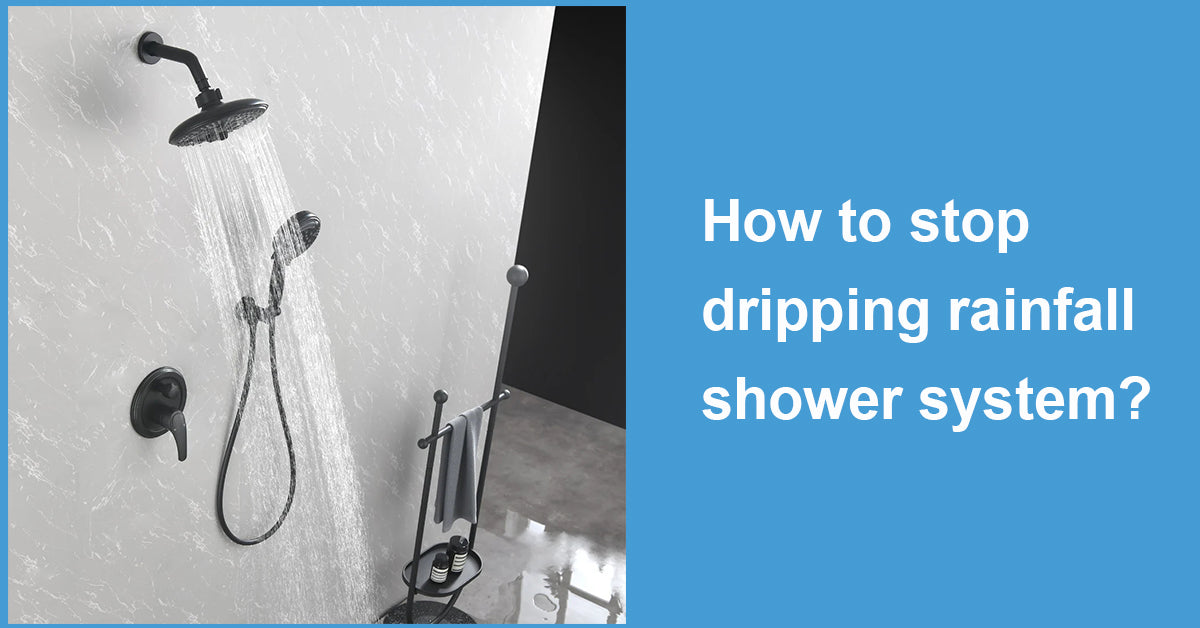

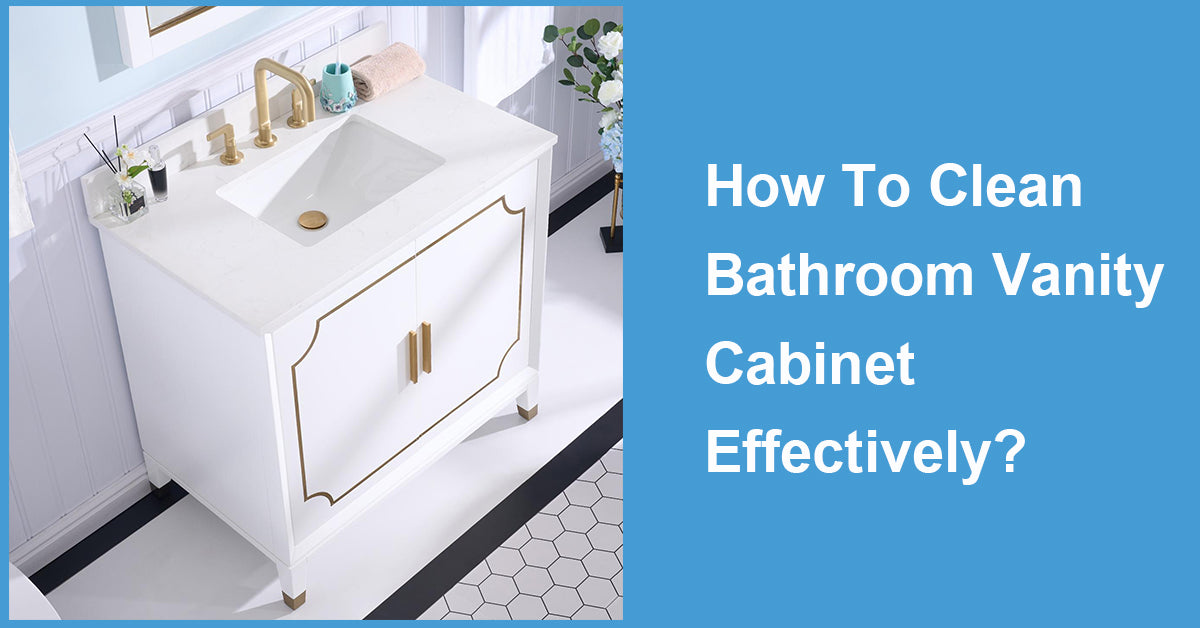
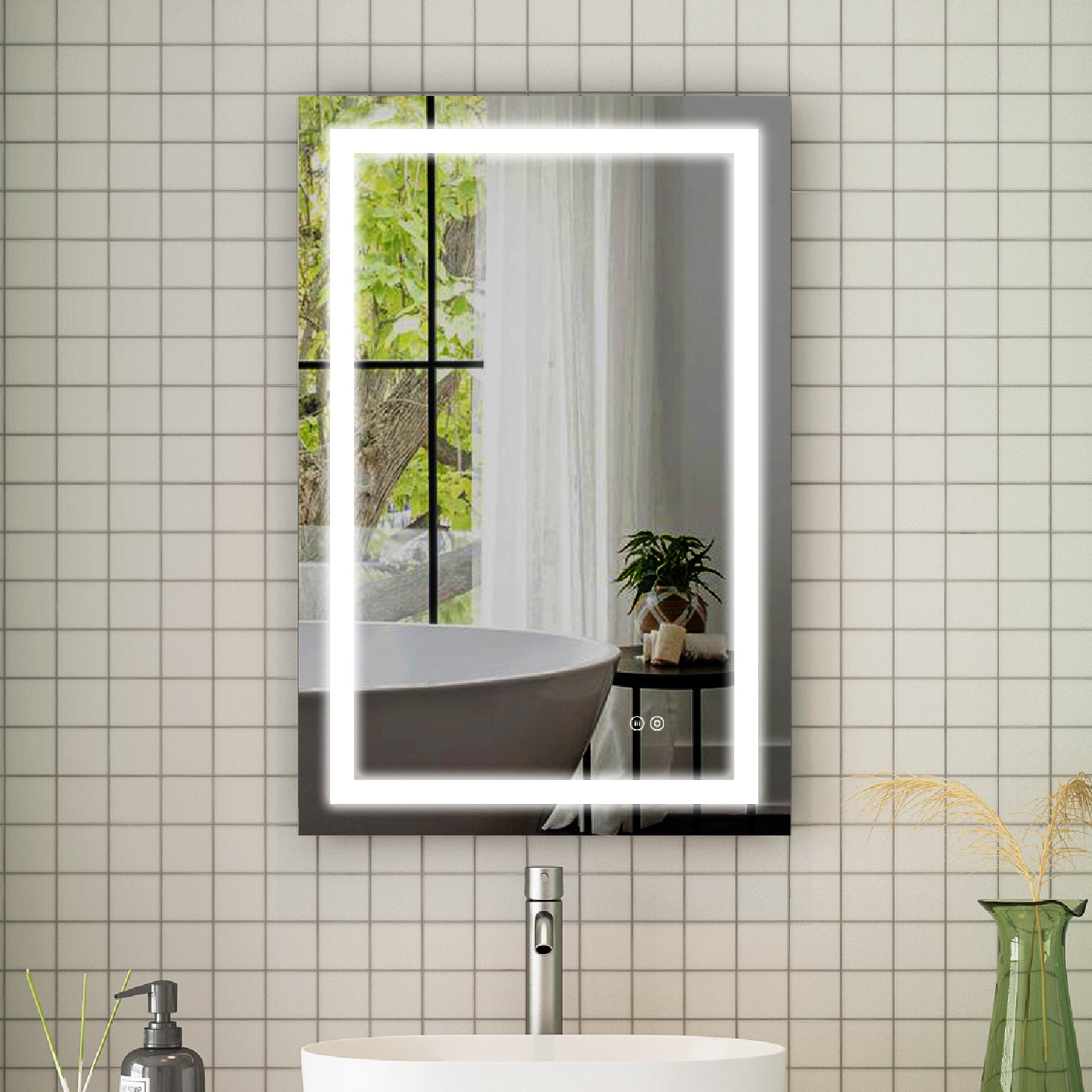
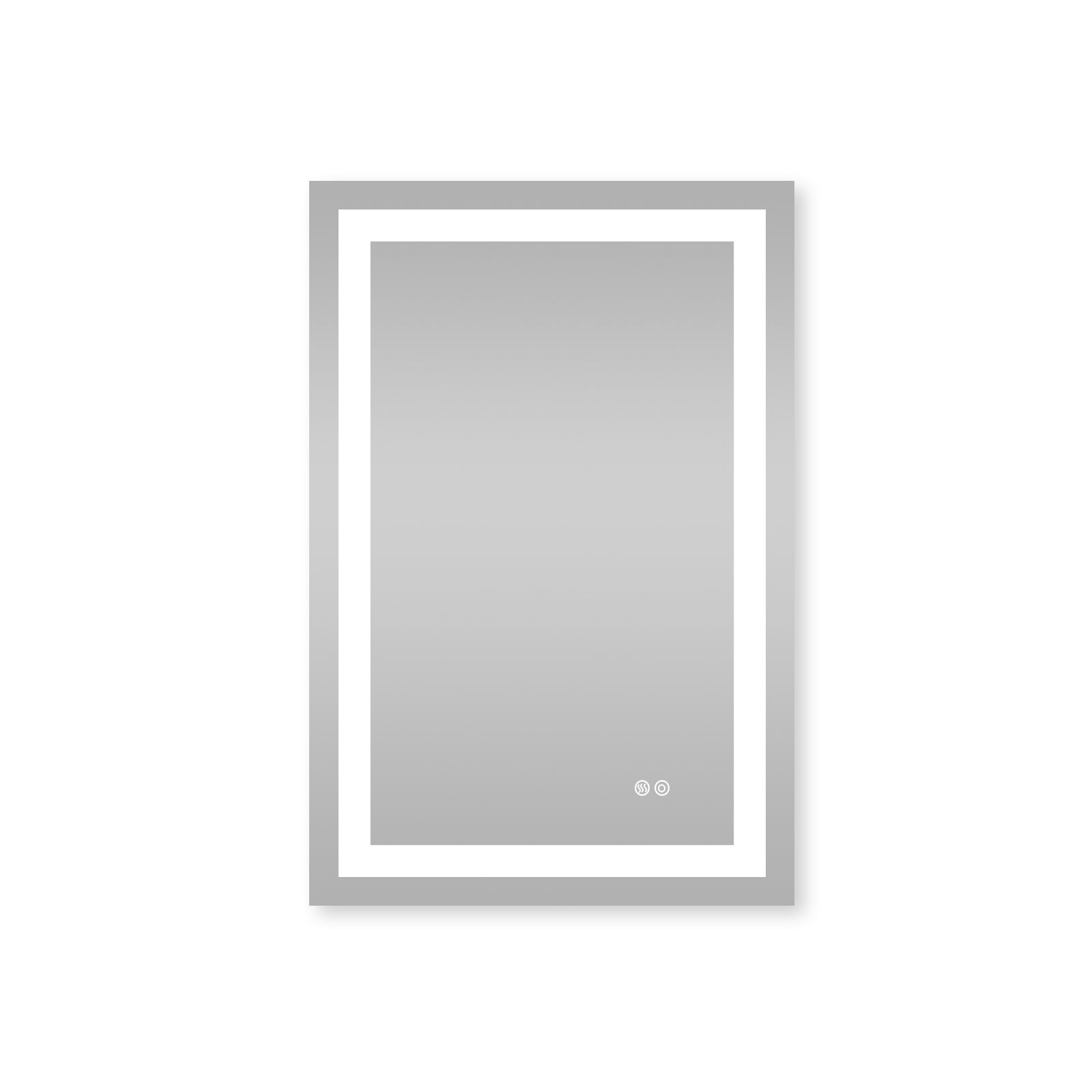
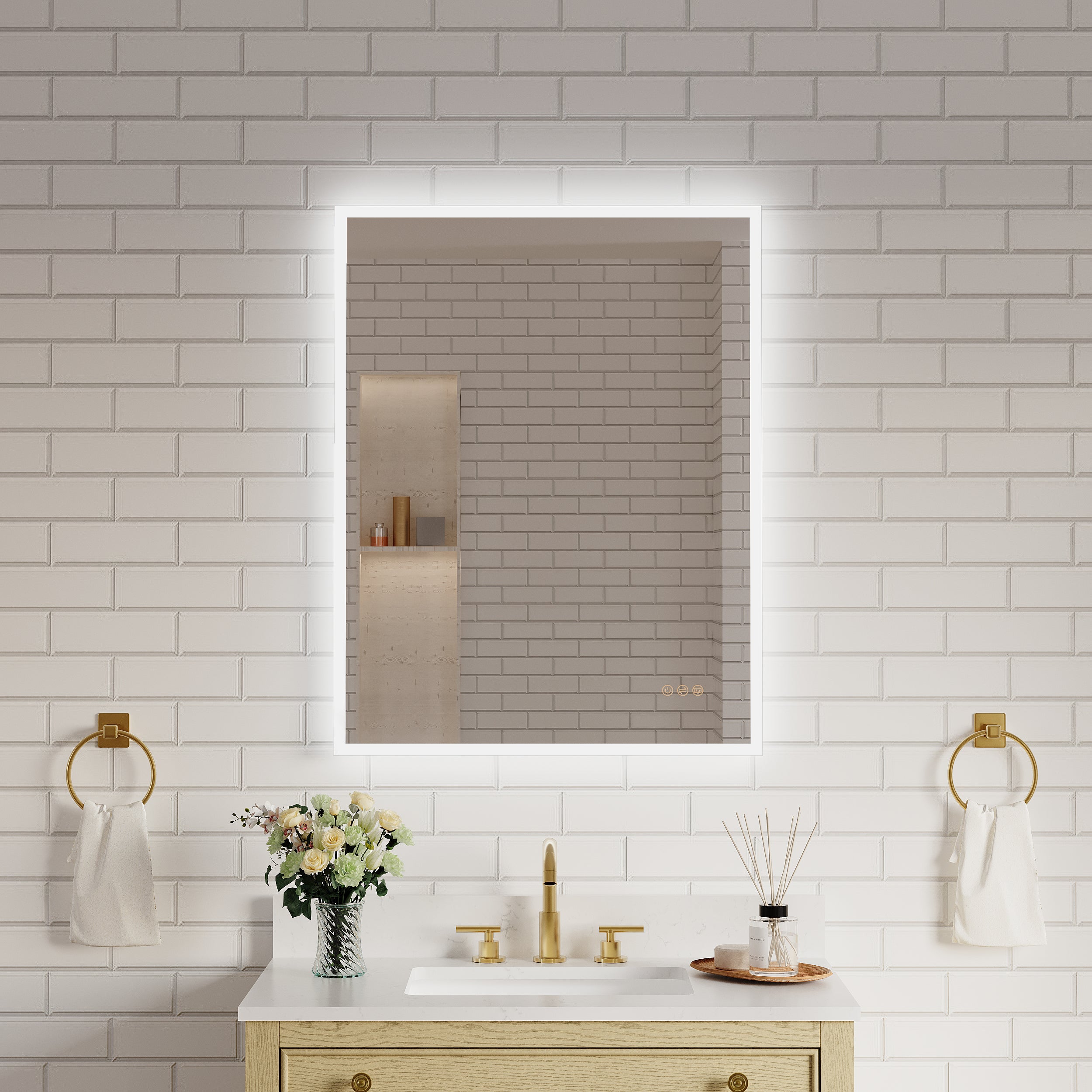
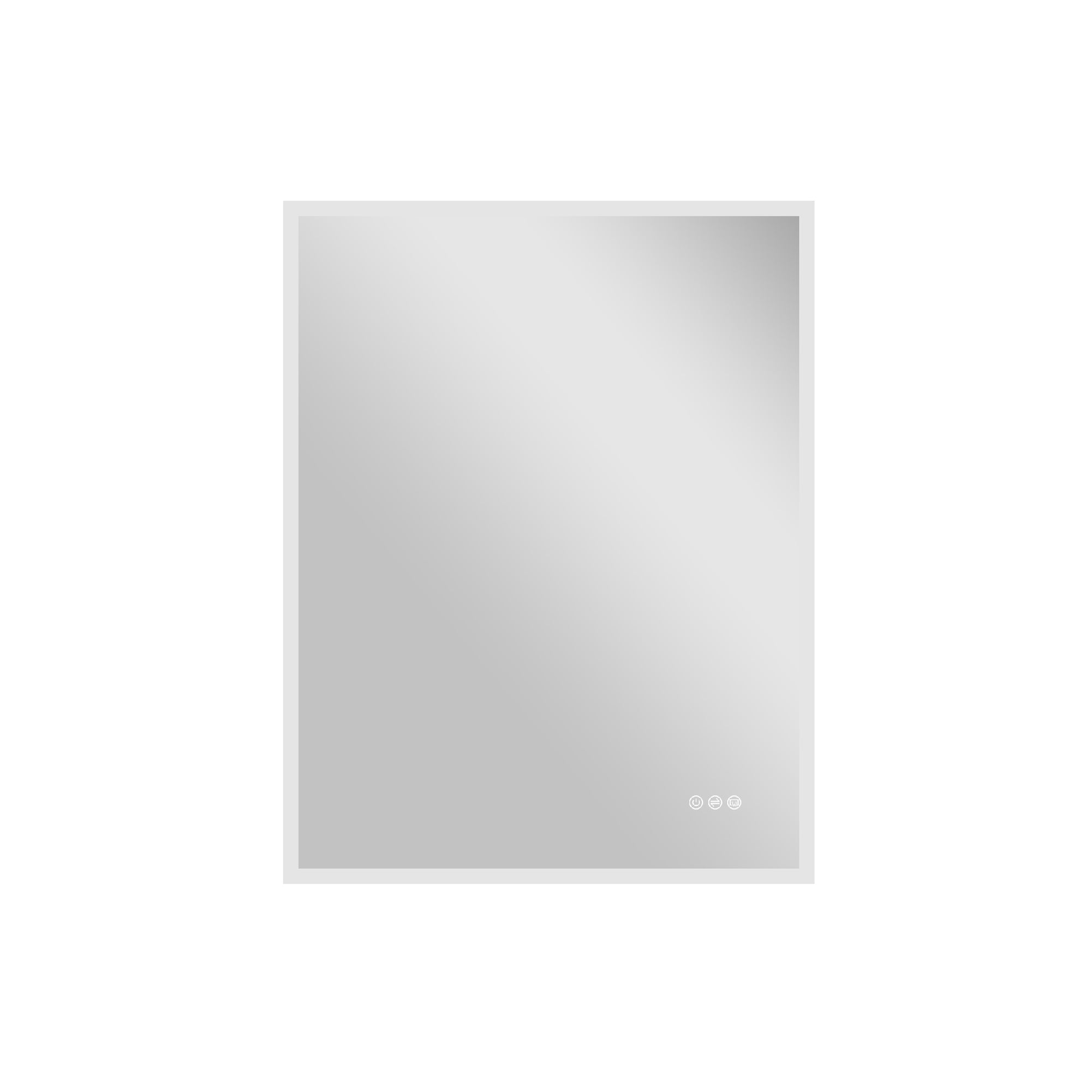
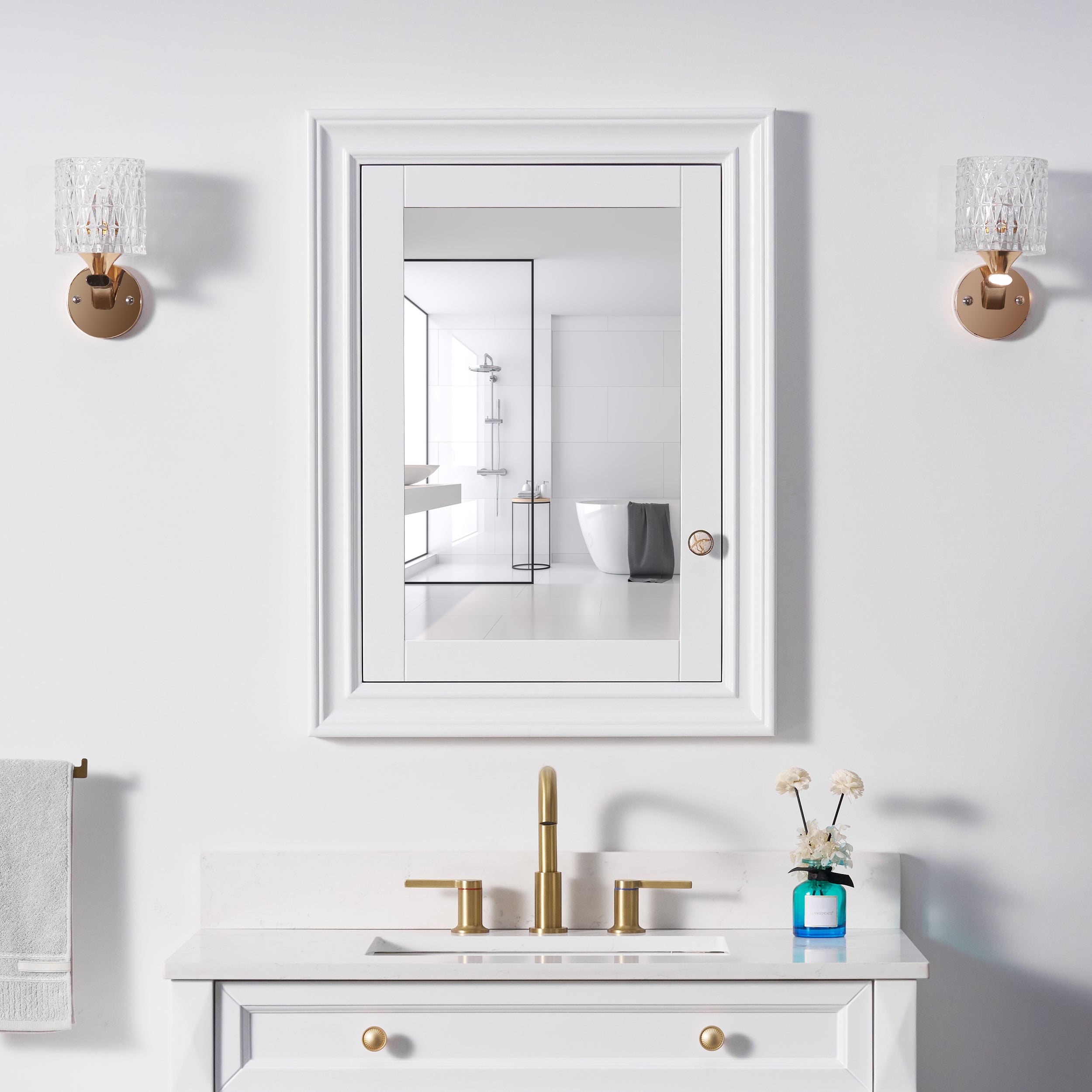
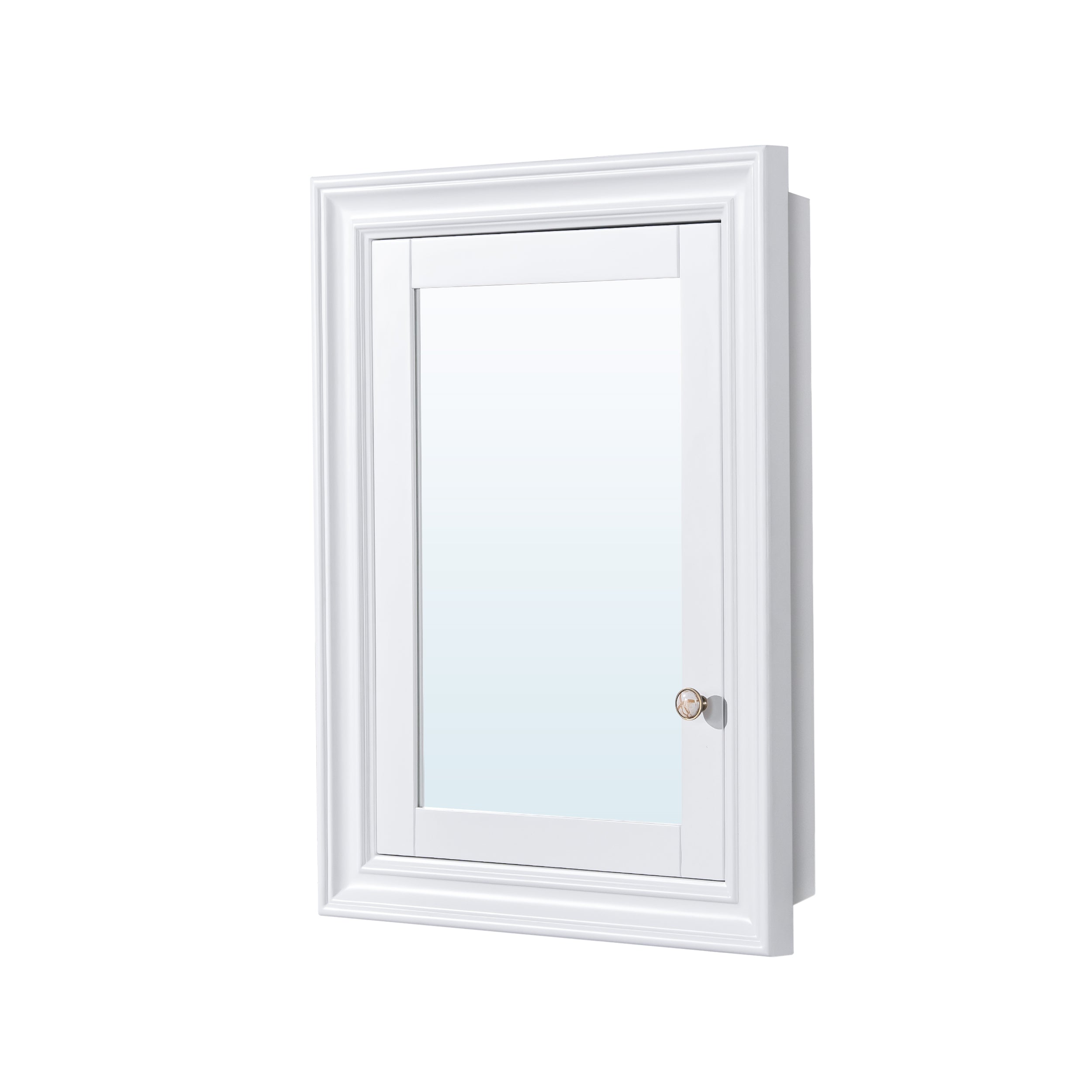
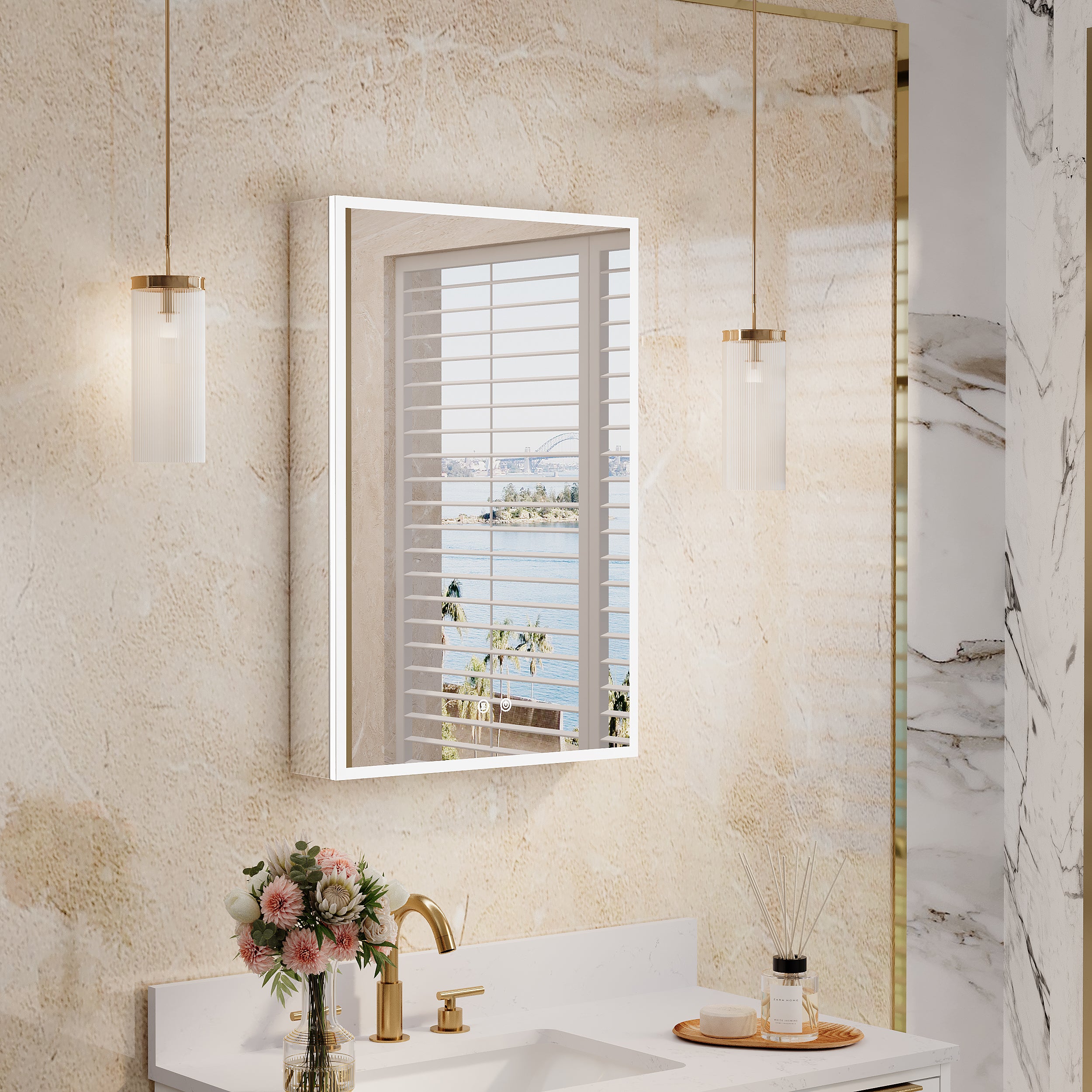
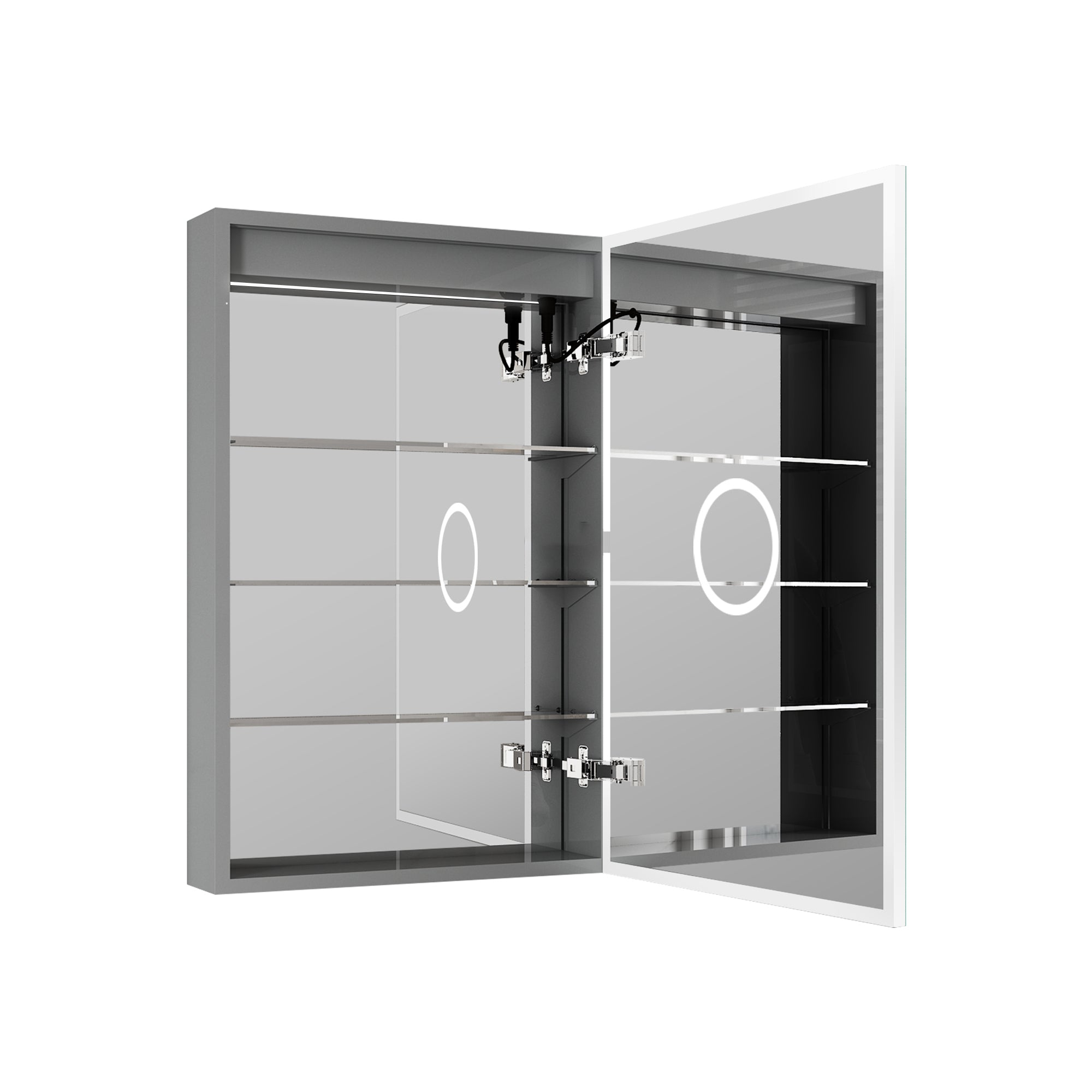
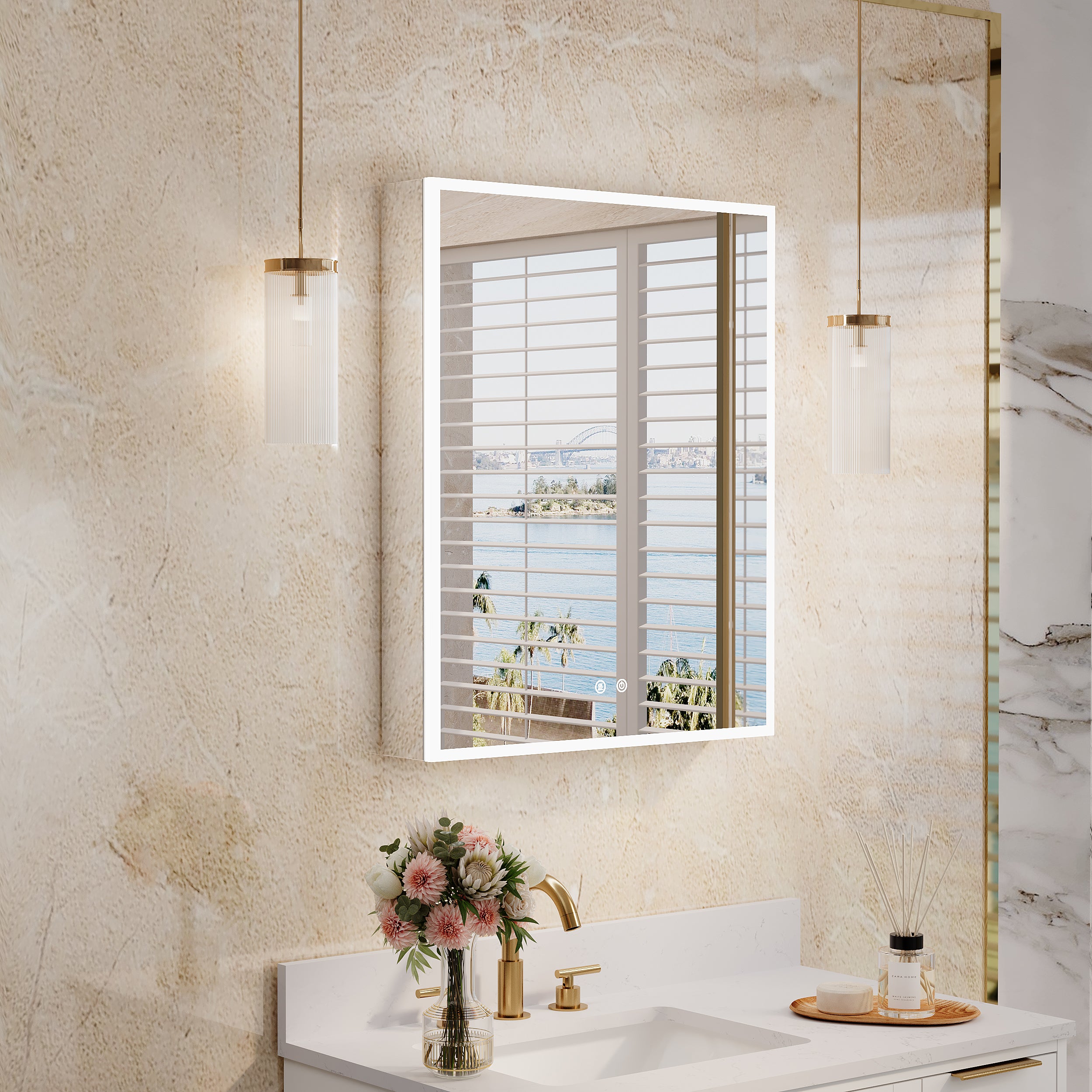
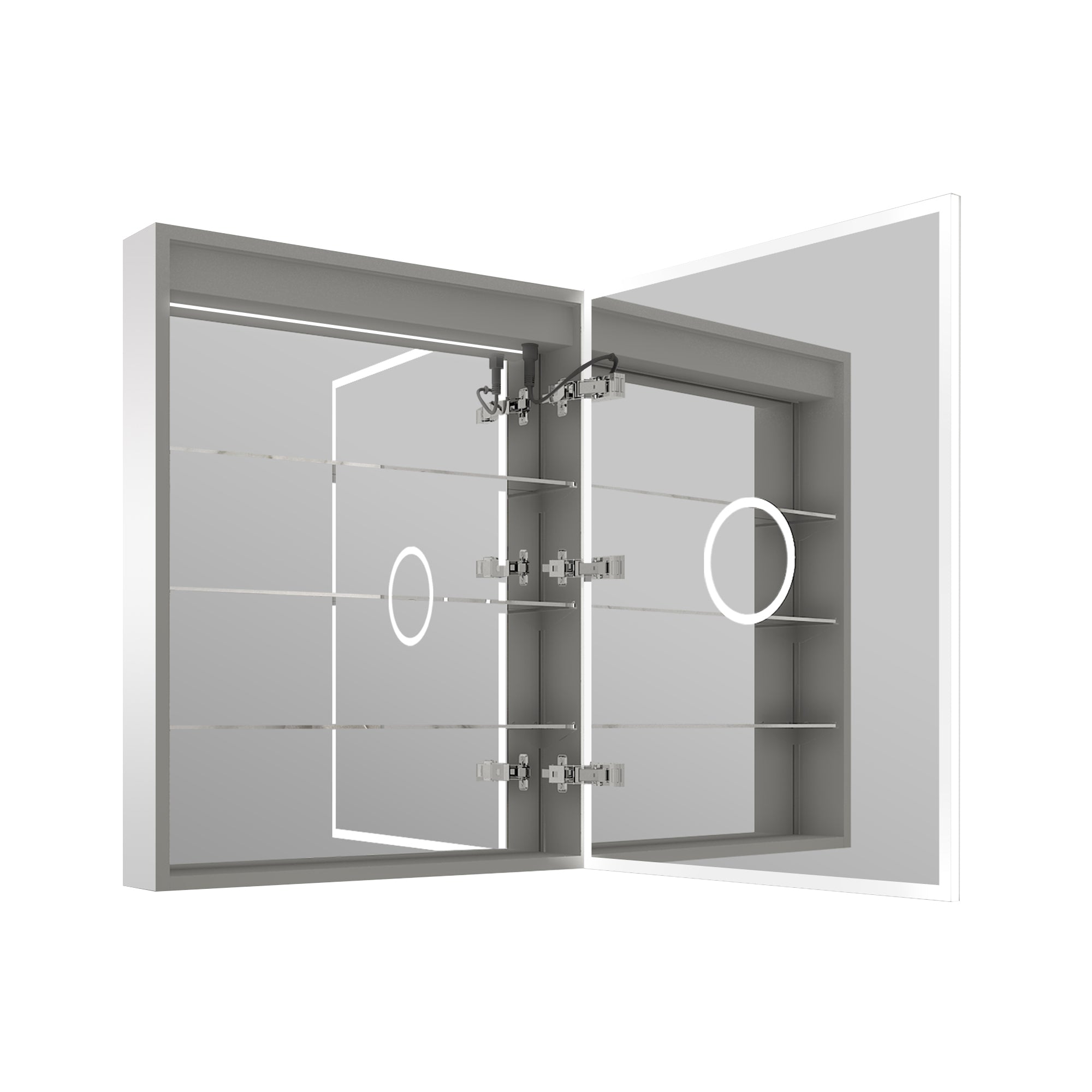
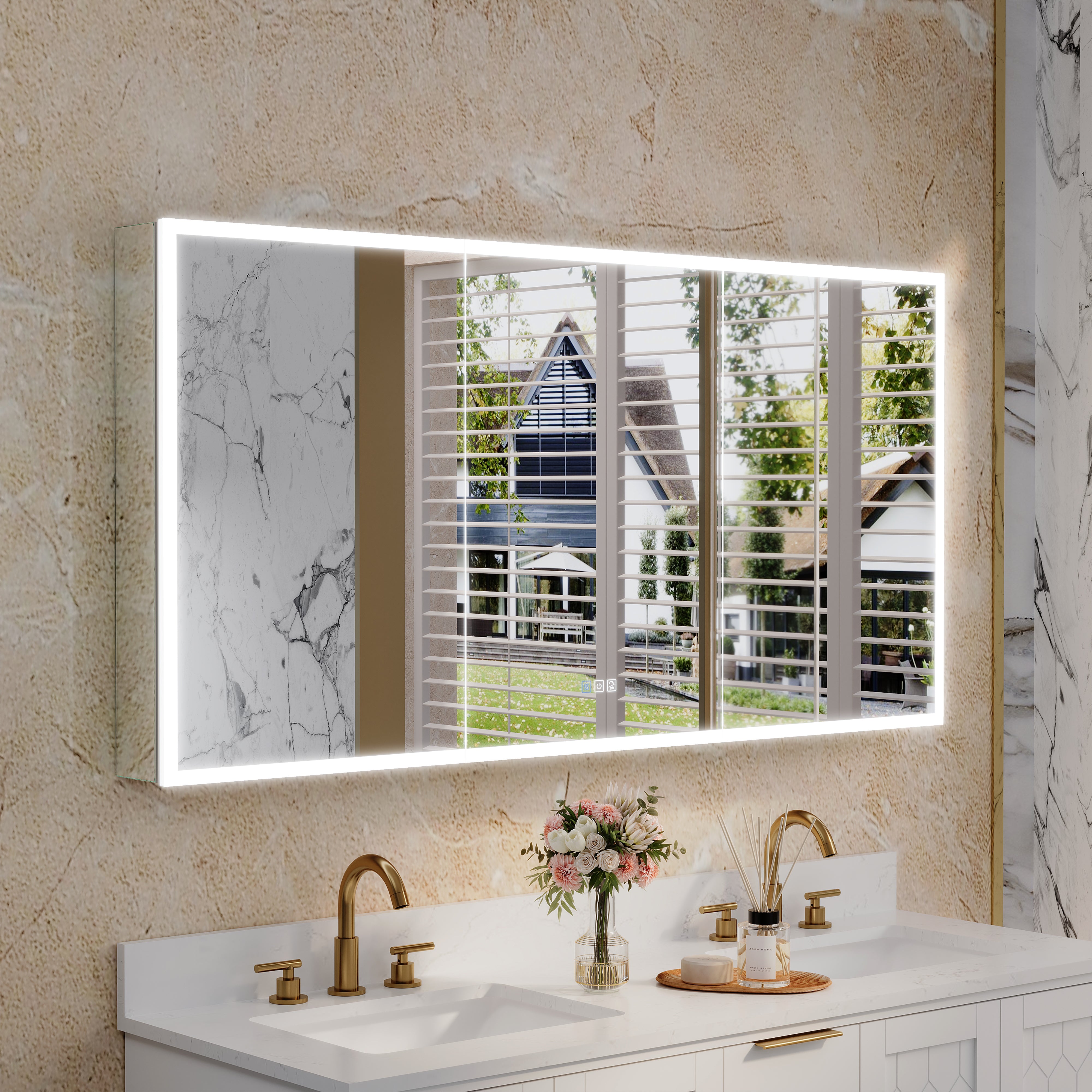
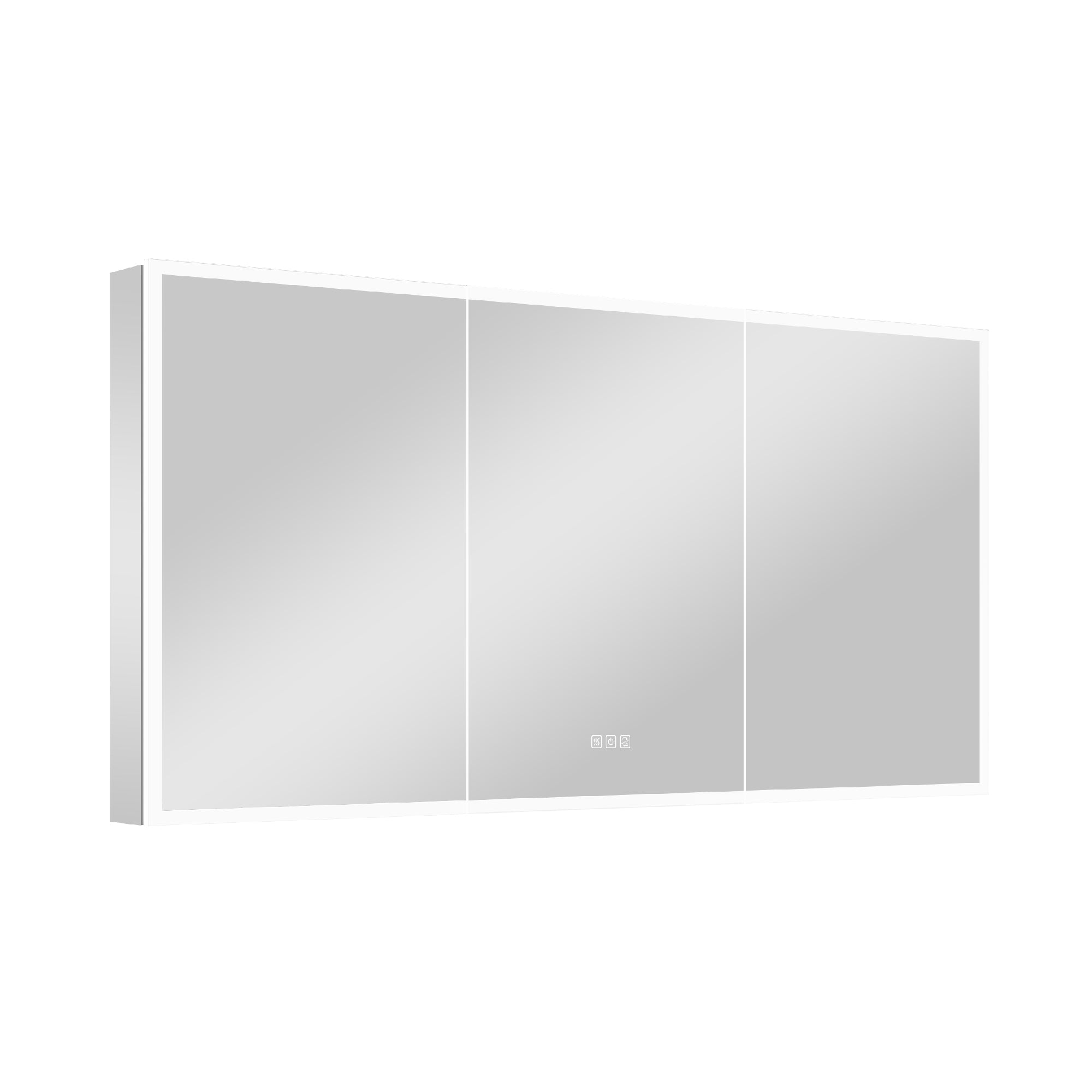
Leave a comment
This site is protected by hCaptcha and the hCaptcha Privacy Policy and Terms of Service apply.